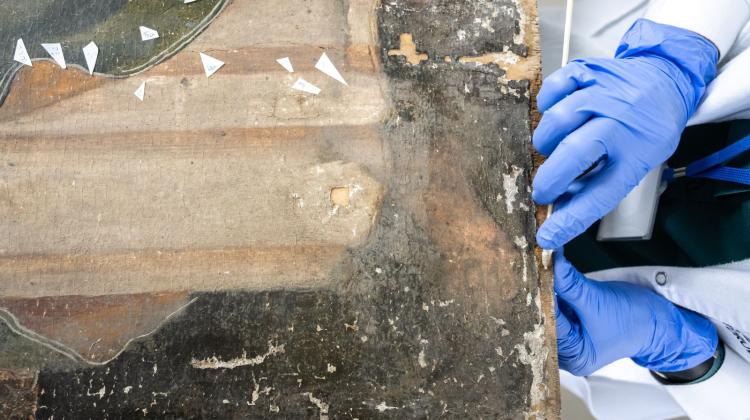Bowel Doc Investigates Whether Certain Receptors Are Responsible for Severe Intestine Diseases
 Credit: Fotolia
Credit: Fotolia
Dr. Damian Jacenik from the University of Lodz is studying a group of receptors that may be responsible for the development of intestinal diseases. One of these proteins is found in clearly higher amounts in the colon of patients with ulcerative colitis and inflammatory cancers. This receptor may be involved in the regulation of inflammation.
Ulcerative colitis and inflammatory bowel cancers are the most commonly diagnosed gastrointestinal disease units. Dr. Damian Jacenik from the Department of Cytobiochemistry of the Faculty of Biology and Environmental Protection at the University of Lodz explains that inflammatory bowel disease is a group of autoimmune diseases. In such diseases, the body attacks itself, giving an uncontrolled immune system response and acting as a self-propelled machine.
Ulcerative enteritis significantly increases the risk of developing colon cancers associated with inflammation. According to researchers, genetic predisposition, diet and microbes that inhabit the intestines are the causes of inflammatory bowel disease. Researchers are still looking for specific factors that can cause them. The main suspects are certain receptors.
"Receptors are proteins associated with cell membranes. They receive signals and pass them on. This activates various signalling pathways and consequently regulates gene expression. Genes encode proteins, and, in turn, proteins are involved in various cellular processes that control the immune response and are responsible for the course of inflammation. When excessive activation/production of a given protein occurs, we may suspect that it may be involved in the development of the disease," Dr. Jacenik said.
His research concerns one of the receptors, which is found in clearly higher amounts in the colons of patients with ulcerative colitis and inflammatory bowel cancers. The results to date suggest that this receptor may be involved in the regulation of inflammation and mediates the immune response.
"It is possible that the receptor interacts with other proteins, which is why we are looking for mechanisms of its action. In the next stages, we want to design more effective therapy for patients with ulcerative colitis as well as patients with inflammatory bowel cancer," Dr. Jacenik said.
The project "ADGRF5 as a regulator of immune response and gap junction integrity in ulcerative colitis and inflammatory bowel cancers" is funded by the National Science Centre as part of the SONATINA 3 competition.
PAP - Science in Poland
kol/ agt/ kap/
tr. RL
Przed dodaniem komentarza prosimy o zapoznanie z Regulaminem forum serwisu Nauka w Polsce.

















